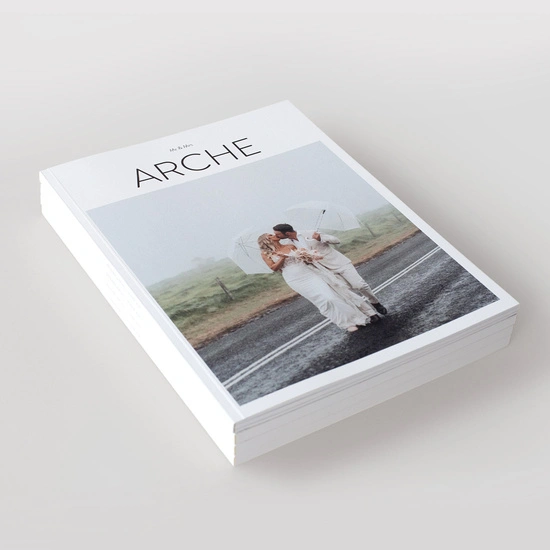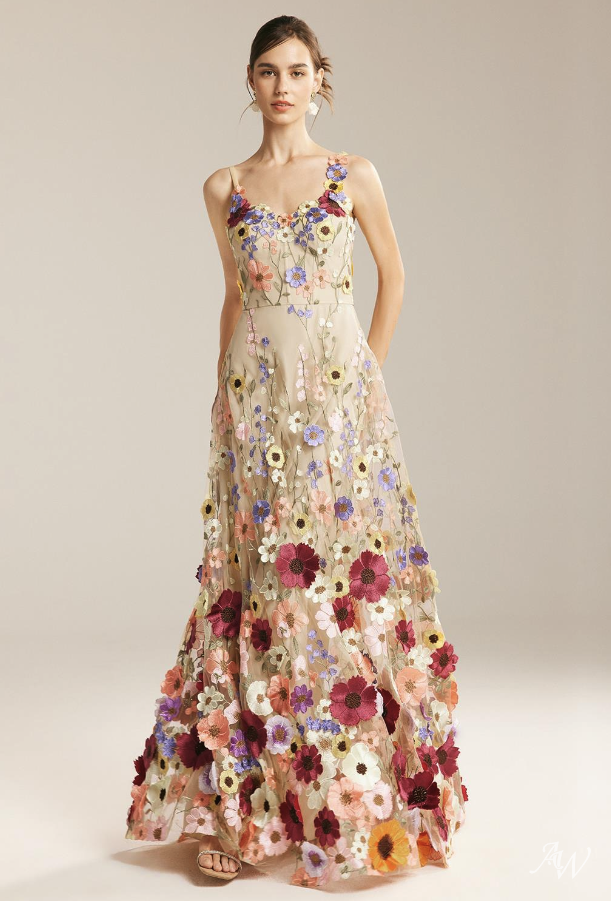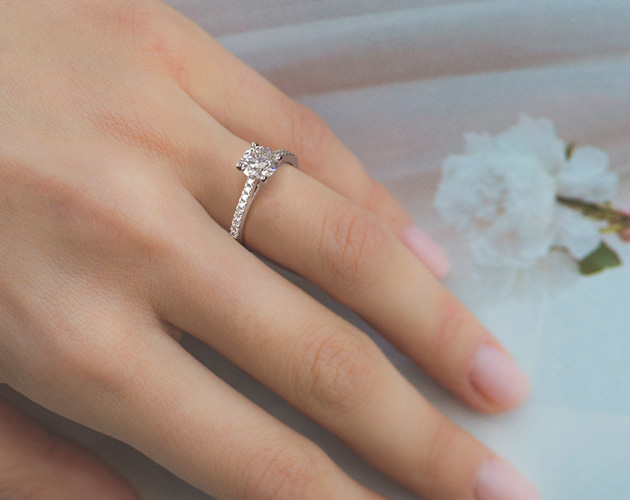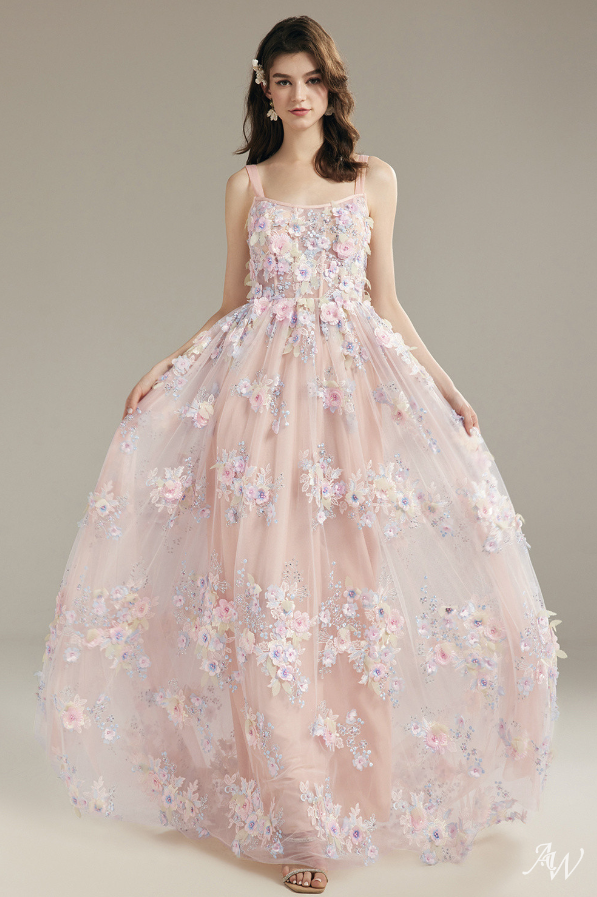
If the thought of speaking at a wedding stresses you out – you’re not alone. Studies have shown that more people are afraid of public speaking than they are of death! It's indeed a significant moment, often in front of friends and family, where you want to deliver a heartfelt and memorable speech. What do you do when you are asked by a best friend or a family member to stand in front of 200 people at a wedding? Take a deep breath – and trust that with a bit of guidance and preparation, anyone can overcome this fear and deliver an impressive speech.
In this complete guide, we've sought out expert advice from Steven Greitzer, the CEO of Provenance, a site that offers easy-to-use tools and professional speech-writing support to help you create personalized and meaningful ceremonies, vows and toasts.. Drawing from Provenance’s pool of expertise, we'll provide you with golden tips and advice on how to ace your wedding vows, toasts, speeches, and readings.
Writing Your Wedding Vows

Your wedding vows are perhaps the most important part of the ceremony. They are a public declaration of your love and commitment to your partner, and they should reflect your unique personalities, authenticity, and values.
Tips on how to write your vows:
Crafting personal vows is indeed an art, a gentle balance between speaking from the heart and painting a vivid picture of your shared journey. Greitzer suggests honing in on the specifics, those little anecdotes and quirks that are unique to your relationship.
Imagine sharing a light-hearted story that perfectly encapsulates your partner's delightful silliness, like the endearing insistence on everyone having a wig collection, or the joyful Harry Styles singalongs that grace your Sundays.
So, when you find yourself seeking those perfect words, dive deep into your well of shared memories, and choose details that are as joyous and real as your love story. It's those little specifics, expressed earnestly, that will bring warmth and a personal touch to your vows, creating a beautiful moment that truly celebrates your unique bond.
How long should your vows be?:
Finding the perfect length for your vows is super important. Steven Greitzer advises aiming for around 2-3 minutes to keep things heartfelt without going overboard.
Break it down like this: spend about a minute sharing 4-5 sentences of personal anecdotes and words of appreciation, another minute to voice 4-5 solid promises you're making to your partner. Then, set aside 30 seconds to give a shoutout to your community, and wrap things up with a 30-second declaration of your love, hinting at the bright future ahead.
And don't forget to sync up with your partner on the length of the vows & possibly even tone to avoid any awkwardness on the big day. Keeping it balanced means there won't be a big difference between one person’s few lines and the other’s long speech. It's all about keeping things even and true to both of your styles.
Mistakes to avoid when writing your vows:
Navigating the do’s and don’ts while writing your vows can be a tightrope walk. Steven Greitzer suggests avoiding clichés and steering clear of overly romantic language that doesn’t feel true to your story.
Keep the promises realistic and achievable, bypassing the temptation to share overly intimate details or to turn the spotlight solely onto your partner’s LinkedIn achievements.
Another crucial tip is to ensure your vows match your partner's in both length and tone, maintaining a harmonious vibe during the exchange.
And for those drafting vows at the last minute — though it’s not the recommended route — make it a point to practice them aloud several times before the big moment. This helps in delivering them smoothly, avoiding any hiccups when all eyes are on you.
Crafting a Memorable Wedding Toast

Wedding toasts are an opportunity to celebrate the couple and offer well-wishes for their future together. However, delivering a toast can be nerve-wracking, especially if you're not used to public speaking.
How to write a killer wedding toast:
Crafting that killer wedding toast is all about structure. Steven Greitzer advises starting strong with an opening that grabs attention.
Move on to share 2-3 stories that really paint a picture of the person you're closer to, but don't forget to spotlight the other partner and their standout traits. A good rule of thumb is a 70-30 split between the two.
Round it all off by highlighting how they’ve grown individually and as a pair, aiming for a takeaway that has everyone nodding in agreement, thinking “yup, that’s so them.” It might feel overwhelming, but this blueprint can help keep you on track.
How long should a wedding toast be?
When it comes to the ever-important wedding toast, the golden rule is to check in with the couple or the wedding planner, suggests Steven Greitzer. They’ll often have a vision for the flow of the day, which would guide the length of the speech.
Yet, if a direct guideline remains elusive and you’re aiming to hit just the right note, a roundabout perfect pitch could be a toast lasting approximately 3 minutes. It’s a timeframe that allows for a sweet spot of heartfelt words without holding up the festivities for too long. It’s like a cozy chat that leaves everyone with warm smiles and perhaps a glistening eye or two!
Do’s and don't’s of wedding toasts:
Do keep it short and sweet, do practice beforehand, and do speak clearly and confidently, suggests Greitzer. It's equally important to steer clear of certain don'ts: avoid drinking too much before your toast, refrain from using inside jokes understood only by a few, and ensure you celebrate both halves of the couple rather than just your friend. And, perhaps most importantly, avoid embarrassing stories that might leave anyone red-faced.
If you’re unsure about certain content, the couple can provide guidance on what to avoid. The perfect toast harmonizes humor and sentimentality, utilizing personal stories to convey genuine affection and well wishes for the couple.
How to overcome your nerves and deliver a memorable toast with confidence
“Practice, practice, practice!” stresses Greitzer. Run through your toast multiple times before the big day, and don’t hesitate to ask friends for honest feedback during rehearsal sessions. In your quiet moments, visualize yourself on stage, radiating confidence as you deliver a memorable speech.
Doing a Wedding Reading (or the whole Ceremony Script)

Whether you’re doing one reading during the ceremony, or you’re officiating the whole thing, it’s important to be intentional and personalize the moment for the couple.
How to choose the right reading for the occasion:
Choosing the right reading can be a significant task, especially when aiming to find something that truly resonates with the couple, shares Greitzer. He advises to deeply consider the couple's unique blend of beliefs and values, coupled with the envisaged tone and style of the ceremony. Whether the choice swings towards a profound religious text or something as light-hearted and classic as a quote from “When Harry Met Sally,” the core idea is to echo the heartbeat of the couple's relationship in the reading.
How many wedding readings should there be?
Traditionally, the sweet spot tends to be around 0-2 wedding readings, which generally unfold over a span of roughly five minutes, with each reading lasting between 1-3 minutes, shares Greitzer. However, he notes that he has witnessed ceremonies where readings become a vibrant canvas representing the couple's diverse cultures, involving as many as 14 friends and family members each sharing passages in different languages, adding a rich texture of inclusivity and celebration to the ceremony.
How to make your ceremony script personal and meaningful:
Undoubtedly, officiating a wedding is both a great honor and a substantial responsibility, Greitzer points out. To craft a ceremony script that is both personal and brimming with meaning, it’s essential to delve deep into the couple’s love story. Engaging with them to understand their vision for the wedding can be a vital step.
Do’s and don't’s of wedding officiant ceremony scripts
Greitzer shares some golden nuggets to ace this role!
Do aim to wrap things up in 20 minutes or so, keeping it crisp to hold everyone’s attention (but always stick to what the couple wants). A little rehearsal never hurt anybody; in fact, rehearsing aloud in front of a friend for feedback is the way to go to perfect that script.
Avoid making it the ‘me' show; a tiny snippet about your bond with the couple is more than enough. The spotlight should evenly grace both the bride and the groom, ensuring a balanced and harmonious narrative that's 50/50, a little different from the wedding toast scenario where a 70/30 ratio works just fine.
As D-day approaches and it's time to hold the mic, remember to pace yourself, articulating each word with warmth. Engaging with the gathered friends and family through spontaneous eye contact adds that magical touch. Let your heartfelt joy resonate through gentle body language, creating a ceremony brimming with love and shared happiness.
FAQ about Wedding Vows, Toasts, Ceremony Scripts, and Readings.

In this section, Greitzer answers some frequently asked questions about wedding ceremony scripts, vows, toasts, speeches, and readings.
How can I personalize my wedding ceremony script?
You can personalize your wedding ceremony script by including readings or passages that are meaningful to you, writing your own vows or speeches, and incorporating cultural or religious traditions that are important to you.
What if I'm not a good public speaker?
If you're not a good public speaker, don't worry! Practice beforehand, take deep breaths, and speak slowly and clearly. You can also consider enlisting the help of a friend or family member to deliver a speech or reading on your behalf. Public speaking coaches can help give you that final confidence boost as well!
How can I make my wedding toast stand out?
To make your wedding toast stand out, use personal anecdotes or stories about the couple, strike a balance between humor and sentimentality, and practice beforehand.
Can I include religious or cultural traditions in my wedding ceremony?
Yes, you can include religious or cultural traditions in your wedding ceremony. You also don’t have to! At the end of the day, delivering a memorable and heartfelt wedding vow, toast, ceremony script, or reading doesn't have to be stressful or overwhelming.
And there we have it, your one-stop guide to mastering the art of wedding words – from vows to toasts, and everything in between! Thanks to tips from Provenance's speech guru Steven Greitzer, you're now ready to craft messages that are both genuine and memorable.
Remember, the best speeches are the ones that feel true to you and the couple's journey. So, take a breath, embrace those little stories that make your relationship unique, and you'll nail it.
With a bit of prep and your personal touch, you’re all set to contribute to the day's joy with words that resonate. You’ve got this!
























